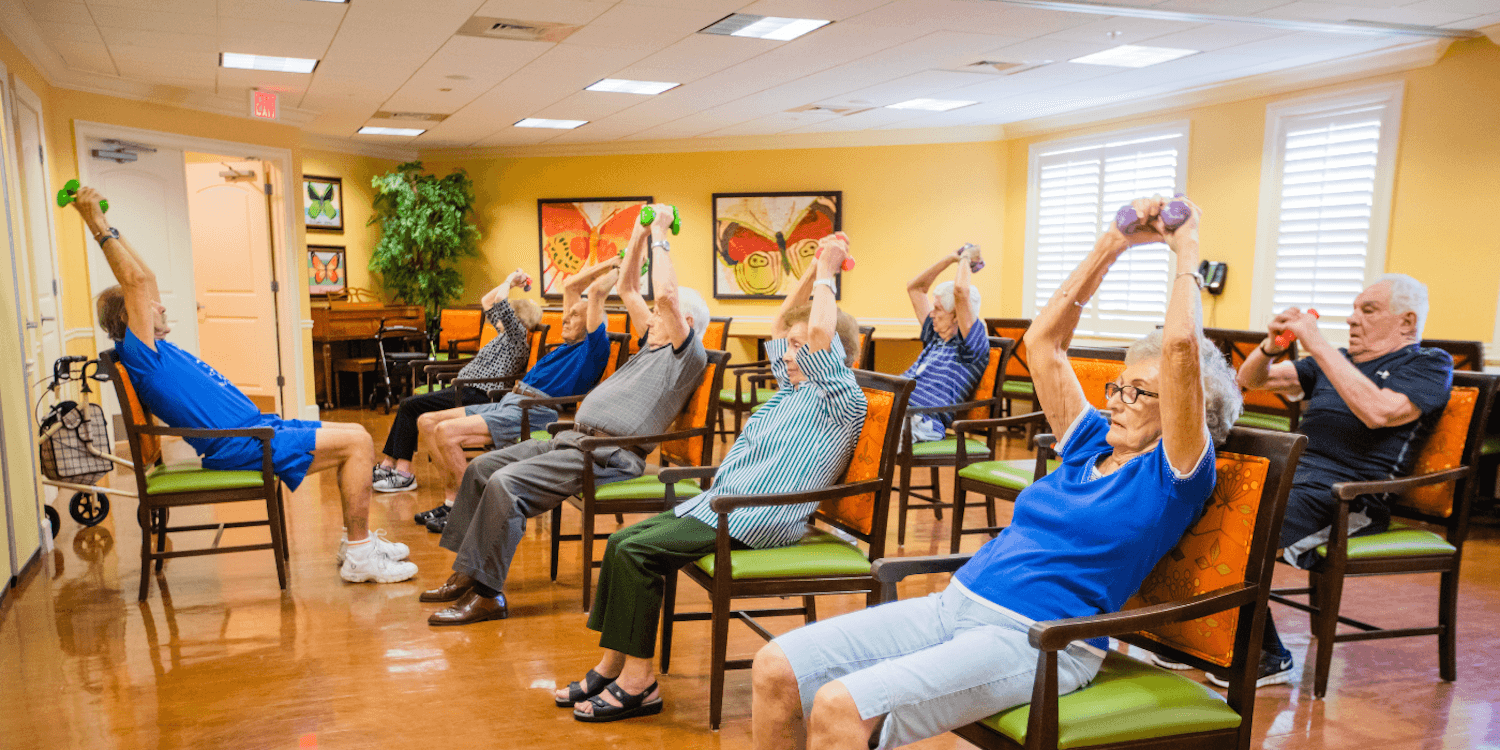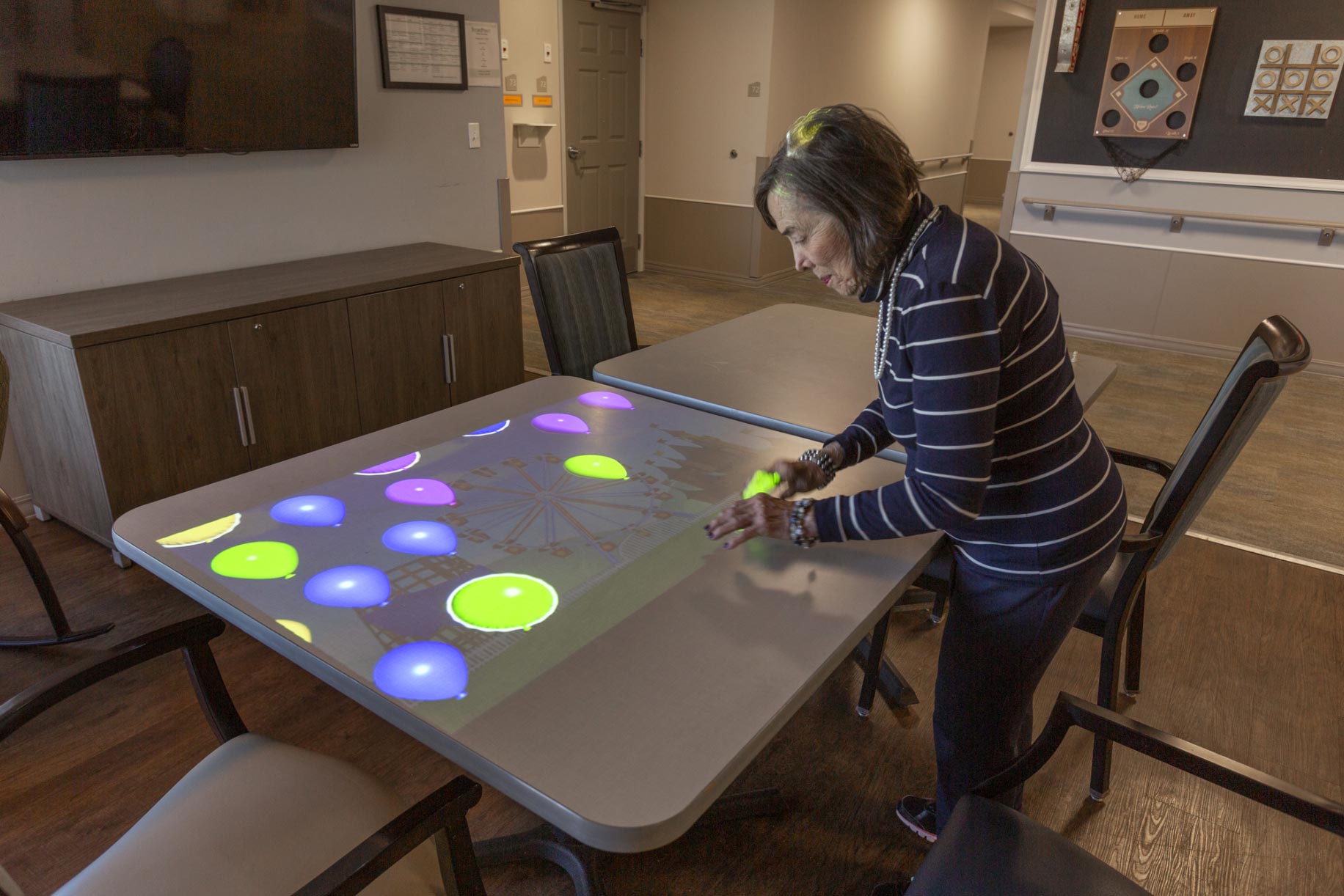Trusted Support and Compassionate Providers for Alzheimers Care Charlotte
Trusted Support and Compassionate Providers for Alzheimers Care Charlotte
Blog Article
Specialist Tips for Providing High quality Alzheimer's Care at Home
Taking care of an individual with Alzheimer's disease in the house presents special difficulties that need both understanding and tactical preparation. Developing a structured day-to-day regimen, improving communication abilities, and producing a risk-free environment are vital components of efficient caregiving. Furthermore, caregivers must not forget the value of seeking exterior support and resources to keep their own health. As we check out these expert pointers even more, it comes to be clear that a thoughtful technique can considerably affect the quality of life for both the caregiver and the individual getting treatment. What certain strategies can be applied to make certain a helpful atmosphere?
Understand Alzheimer's Disease
Alzheimer's illness, a dynamic neurodegenerative disorder, exceptionally influences cognitive feature and daily living tasks. It largely affects memory, believing, and actions, causing a gradual decline in the capabilities essential for independent living. Early symptoms usually include forgetfulness, trouble in problem-solving, and difficulties in finishing acquainted tasks. As the disease advances, people might experience disorientation to time and location, damaged judgment, and adjustments in mood and character.
The etiology of Alzheimer's is intricate, entailing the buildup of amyloid plaques and tau tangles in the mind, which interfere with neuronal interaction and cause cell fatality. Danger elements include age, genetics, and way of living selections, with most of instances happening in individuals over 65. Understanding of these elements is vital for caretakers, as understanding the condition can facilitate much better support and care approaches.
In addition, Alzheimer's condition not just affects the individual but additionally has substantial psychological and logistical ramifications for families. Identifying the phases of the illness enables caregivers to prepare for difficulties and adapt their approach, making certain that the requirements of those impacted are consulted with concern and understanding. This foundational knowledge is essential for advertising quality care at home.
Establish a Routine
Developing a structured day-to-day routine can considerably enhance the top quality of life for individuals coping with Alzheimer's illness. Developing constant patterns aids to minimize complication and stress and anxiety, providing a complacency and familiarity. A day-to-day schedule must include routine times for dishes, activities, and rest, which can aid individuals expect what to anticipate throughout the day.
Incorporating basic, acquainted tasks into the routine can promote a feeling of success and independence. Activities like gardening, cooking, and even straightforward household duties can be valuable. It is important to customize these tasks to the person's rate of interests and capabilities, making certain involvement without disappointment.
In addition, flexibility within the routine is essential. While uniformity is crucial, enabling changes based on the individual's mood or energy levels can aid maintain a positive ambience. Motivate engagement in social communications, whether via family check outs or area activities, as these can provide stimulation and link.
Enhance Interaction Abilities
Efficient communication is vital for maintaining purposeful links with people dealing with Alzheimer's disease. As cognitive abilities decline, standard conversation might become difficult. Consequently, caregivers should adjust their interaction methods to promote understanding and connection.

Energetic listening is vital. Show authentic rate of interest by keeping eye call and nodding to acknowledge their ideas or sensations. Prevent suggesting or dealing with, as this may result in irritation. Rather, validate their emotions and reroute the conversation carefully if required.
Using aesthetic aids, such as pictures or composed suggestions, can additionally boost understanding. Encourage participation in tasks that boost discussion, such as reminiscing about past occasions or checking out photo cds.
Produce a Safe Atmosphere
A helpful environment plays a considerable function in the wellness of people with Alzheimer's illness. Developing a secure home setup is vital to lessen threats and improve the top quality of life for both the private and their caretakers.
Set up safety locks on home windows and doors to stop roaming, which is a common issue in Alzheimer's people. Furthermore, take into consideration making use of non-slip floor coverings in shower rooms and install grab bars for added assistance. Classifying rooms and crucial items can aid individuals navigate their environments extra easily.
Emergency situation get in touches with need to be plainly posted near phones, and a clinical alert system can give this link peace of mind. Generally, tailoring the home atmosphere to the distinct needs of the private with Alzheimer's not just promotes safety and security however likewise motivates independence and convenience.
Seek Support and Resources
Accessing support and resources is vital for individuals and caretakers encountering the obstacles of Alzheimer's disease. Caregiving can be frustrating, both physically and psychologically, and it is crucial for caretakers to look for help to maintain their well-being and provide top quality treatment.

Furthermore, checking out respite care options can manage caretakers much-needed breaks, enabling them to minimize and reenergize fatigue. This may include grown-up day programs or at read here home care solutions. Financial aid programs may also be available to help counter the costs of treatment.

Verdict
In summary, offering quality Alzheimer's care at home demands a complex technique. Recognizing the intricacies of the condition, developing a structured routine, enhancing communication skills, creating a risk-free environment, and seeking support from offered resources collectively add to boosted caregiving experiences. Carrying out these strategies not only cultivates a feeling of freedom and accomplishment for individuals with Alzheimer's yet additionally relieves caregiver stress, inevitably enhancing the lifestyle for both caretakers and those they sustain.
Caring for an individual with Alzheimer's disease at home presents unique obstacles that call for both understanding and critical planning.Furthermore, Alzheimer's disease not just influences the private but likewise has substantial emotional and logistical effects for households.Creating a structured day-to-day routine can substantially improve the quality of life for individuals living with Alzheimer's disease.Efficient communication is necessary for preserving meaningful links with individuals living with Alzheimer's illness. Alzheimers Care Charlotte. Executing these strategies a knockout post not just fosters a sense of freedom and achievement for individuals with Alzheimer's however additionally reduces caretaker stress, inevitably boosting the high quality of life for both caregivers and those they support
Report this page